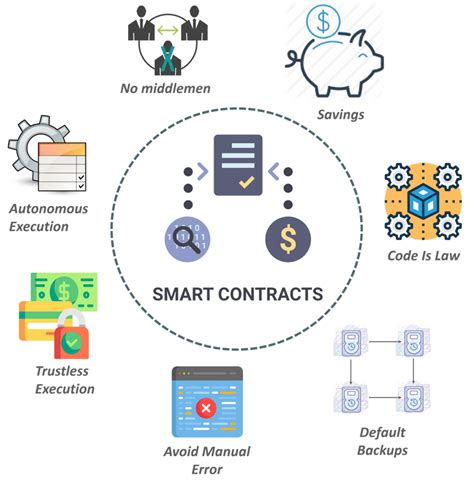The Role of Artificial Intelligence in Smart Contract Dispute Resolution
As the use of blockchain and smart contracts continues to grow, so does the complexity of disputes arising from their implementation. One of the most significant challenges facing the development and implementation of smart contracts is resolving disputes between parties. In traditional dispute resolution processes, lawyers often have to spend months or even years negotiating settlements with opposing parties. However, this process can be time-consuming, expensive, and may not always lead to a mutually acceptable outcome.
The Current State of Dispute Resolution for Smart Contracts
Traditional dispute resolution methods, such as mediation and arbitration, have been used to resolve disputes between parties in a variety of industries. In the case of smart contracts, these methods can be particularly challenging due to their decentralized nature and high stakes. For example, a smart contract dispute could involve tens or even hundreds of millions of dollars.
In recent years, some companies have begun to explore alternative approaches to resolving disputes with smart contracts. One approach is to use artificial intelligence (AI) to automate the investigation and dispute resolution process. AI can analyze large amounts of smart contract data, identify patterns and anomalies, and make recommendations for resolution.
The Role of AI in Dispute Resolution
AI plays a number of key roles in dispute resolution:
Pattern Recognition: AI algorithms can analyze large sets of smart contract data and identify patterns that could indicate a potential dispute.
Anomaly Detection: AI can identify unusual behavior or transactions that may indicate a dispute.
Risk Assessment: AI can assess the likelihood of a dispute based on various factors, such as contract terms, market conditions, and regulatory requirements.
Recommendations: AI can make recommendations for resolving disputes, including possible courses of action, compensation amounts, or other outcomes.
Benefits of Using AI in Dispute Resolution
Using AI to resolve smart contract disputes offers several advantages:
Faster Resolution Time: AI can analyze data much faster than human lawyers, allowing for faster dispute resolution.
Cost Savings: By reducing the need for expensive legal fees and litigation costs, AI can help reduce the financial burden on parties involved in a dispute.
Higher Accuracy: AI algorithms are less prone to errors or biases that can occur when humans analyze data, ensuring more accurate results.
Examples of AI-Enabled Dispute Resolution
Several companies have successfully used AI to resolve disputes with smart contracts:
Gemini Smart Contracts: Gemini, a cryptocurrency exchange, has developed an AI-based dispute resolution system that uses machine learning algorithms to identify potential issues with smart contract transactions.
Accenture Blockchain: Accenture’s Blockchain Solutions unit has developed an AI platform that can analyze blockchain data and detect potential disputes between parties.
Challenges and Limitations
While the use of AI in dispute resolution offers many benefits, it also poses several challenges:
Data Quality: The accuracy of AI algorithms depends on high-quality data, which may not always be available or reliable.
Bias and Error: AI algorithms can be biased towards certain types of data or results, leading to errors or unfair results.
Regulatory Compliance: Disputes involving smart contracts may require specific regulatory frameworks that are still evolving.
Conclusion
The use of artificial intelligence in dispute resolution offers a promising solution for resolving disputes with smart contracts.